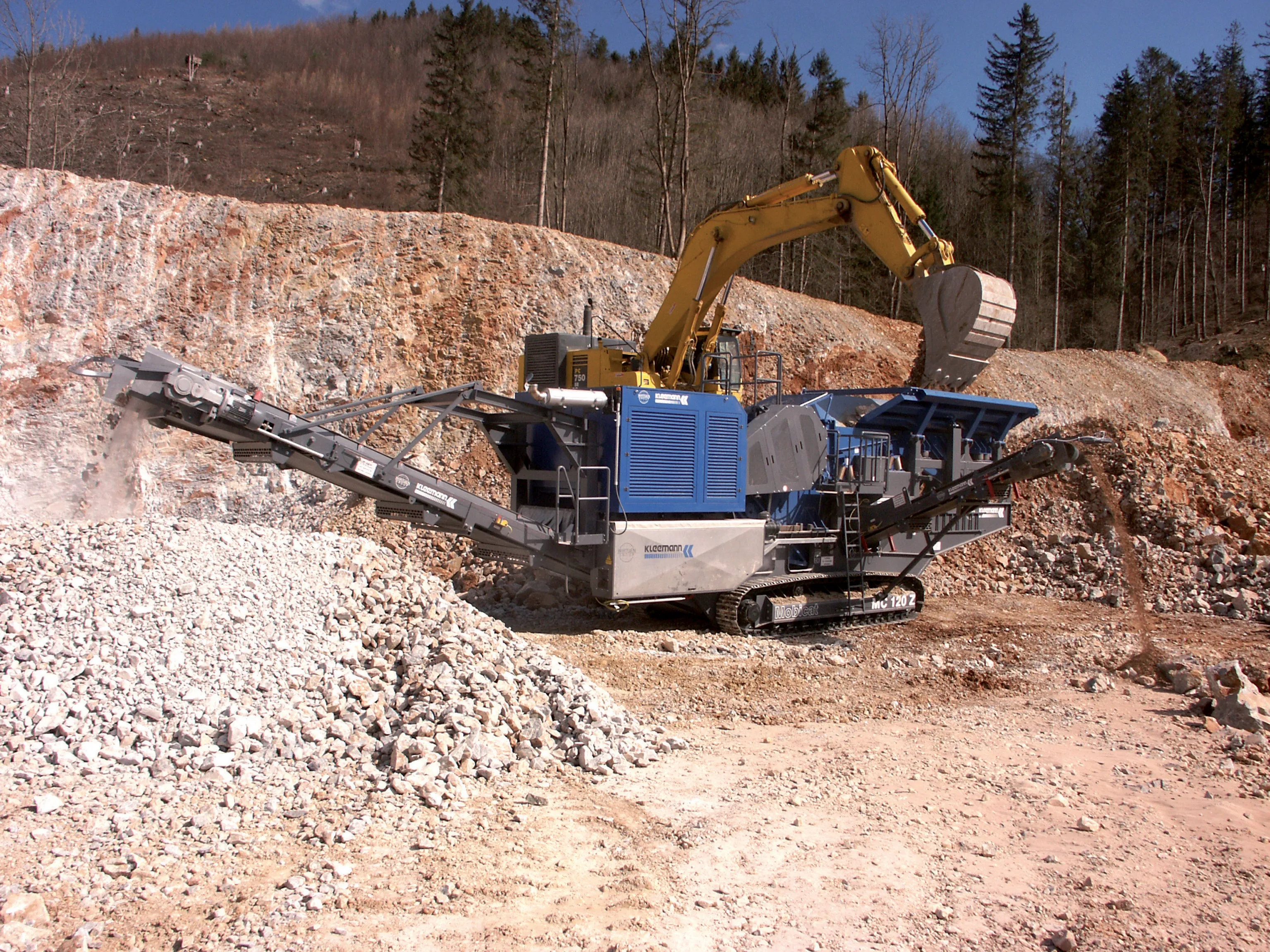Nissan has teamed up with leading European utility and electrical vehicle (EV) supply equipment companies to speed development of cheaper, smaller, quick chargers for electric vehicle batteries, and accelerate the installation of publicly-available Quick Charge (QC) points across Europe.
February 29, 2012
Read time: 2 mins
This agreement between
As a result, it is expected that there will now be thousands of QCs across Europe by the end of 2012, and tens of thousands by 2015. Nissan says this infrastructure will open up Leaf ownership to a whole new spectrum of buyers who occasionally need to do longer journeys. A quick charge allows the battery to be topped up in little more time than it takes to refuel a conventional car, and the owner can leave the vehicle while it is being 'refuelled' to make calls, have lunch or take a break.
A Cha de Mo DC quick charger delivers 50 kW of high voltage direct current (DC) electricity straight to the battery, speeding up the charging process.Nissan Leaf has a range between charges of up to 175 km (109 miles) as tested over the New European Driving Cycle (NEDC).
"We are confident that the Nissan Leaf's range will be enough to satisfy most drivers' daily needs. However, with a significant number of QCs available across Europe, EV owners who need to drive longer distances will be able to do so with confidence, knowing they will be able to recharge no matter where they go, which we believe is essential for the mass adoption of EVs," says Toshiyuki Shiga Nissan COO.Deliveries of Nissan Leaf have already begun in the UK, the Netherlands, the Republic of Ireland, France, Spain and Portugal. Order books have also opened in Switzerland, Belgium Norway, Sweden and Denmark with customers in those markets expected to start receiving their cars shortly.







